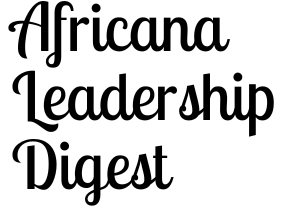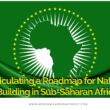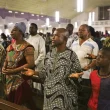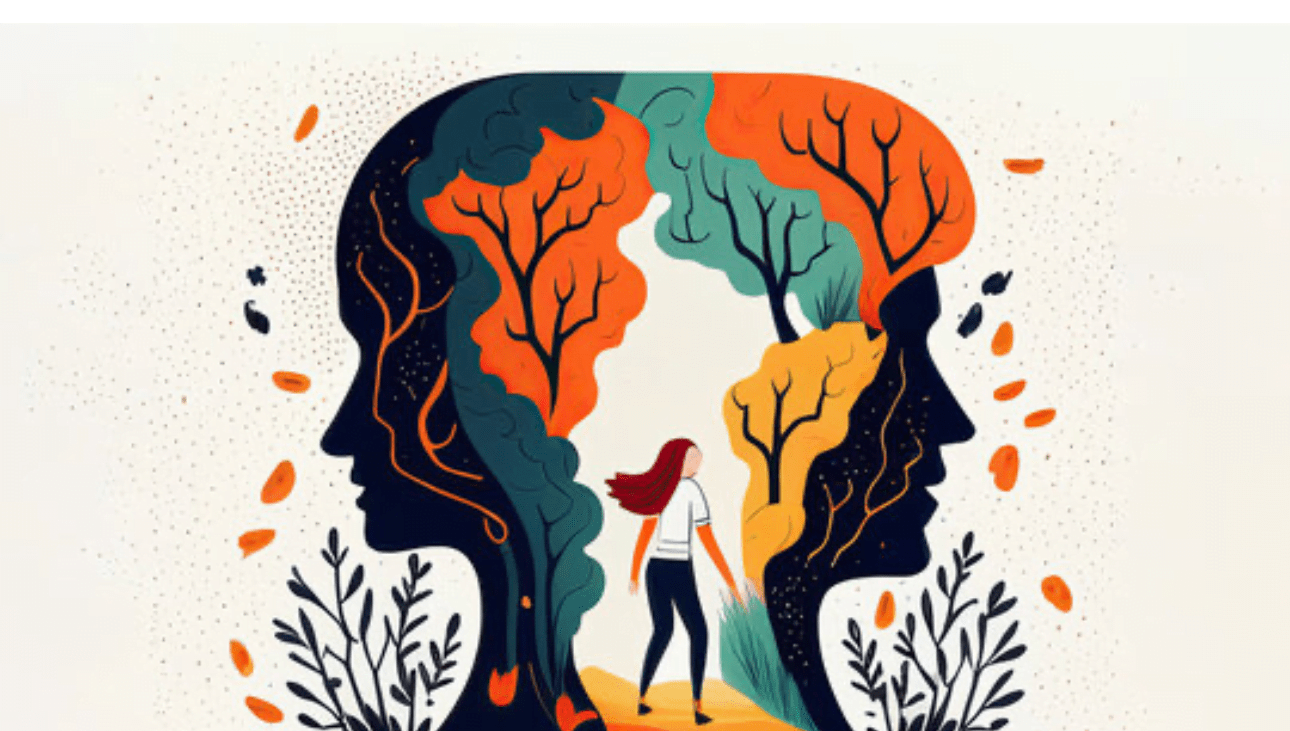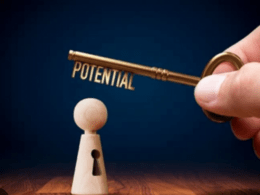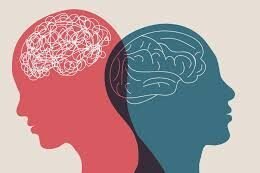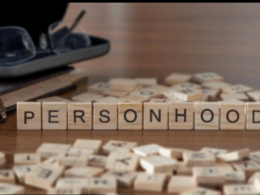“No one can make you feel inferior without your consent” – Eleanor Roosevelt.
Embracing one’s self-identity is simply about accepting yourself for who you are and what you have. Sometimes, it is easier to embrace other people than to accept yourself because of a feeling you have of yourself as not good enough like other people. This was essentially my case for the first twenty years of my life. I found it very hard to accept and embrace my identity. It was so bad that I felt awful and ashamed whenever I heard myself speak. Everyone seemed to be able to speak better than I thought of myself until I began to fight it with some positive thoughts I gleaned from those who had similar challenges but had now become successful.
Self-identity is a combination of your facial expression, intellect, capacity, capability, peculiarity, uniqueness, special gift, talent or endowment, etc., that you possess. It is the totality of all your innate abilities culminating in your physical appearance and projected self-image. It often manifests in how you talk, walk, interact, and expect to be accepted by the people around you. The problem here is not people rejecting you for who you are, but you rejecting yourself for what you think you represent. The enemy working against you is not the other people but you standing in the way of your progress. “Look not upon me, because I am black because the sun hath looked upon me: my mother’s children were angry with me; they made me the keeper of the vineyard; but mine own vineyard have I not kept” (Song of Solomon 1:6, KJV). The problem of the writer of this Song of Solomon was that he was more comfortable keeping other people’s vineyards. However, people still hated him for it because he committed the self-inflicted error of neglecting his own vineyard. His opinion of himself was awful and disempowering. So, people interacted with him based on his self-misrepresentation.
The next question is critical; regularly probe your mind to see what answers you can develop as you investigate the subject further.
What Does it Mean to be Human?
“The measure of a man’s humanity is the extent and intensity of his love for mankind.” – Ashley Montagu.
Have you ever sat down to ask yourself what it means for you to be human? What are the basic features or characteristics to watch out for to conclude the extent of your humanness? Is it because you can talk, run, walk, and work or engage in intellectual discourse and co-exist with fellow humans? Is it because of your physical body structure? Or is it because you possess a memory that keeps details of your past behaviors? How do you want to define a human from other primates, for instance, since many primates could perform some of these essential functions mentioned above?
Gender roles, differences, and definitions have been a controversial and misconceived subject in recent decades. The more traditional way of conceiving it is understanding what people mean when discussing our shared dignity and humanity. Dignity and humanity from time immemorial are a person’s inherent virtue. Of course, this can be stated more clearly concerning a person’s self-worth, self-respect, or personal significance. Virtue stated differently is about the person’s intrinsic character content that reveals their personhood. It is the very essence of a person that makes them a unique individual.
At the School of Transformational Leadership, you can participate in our Executive Wellness Leadership Program or our On-site Wellness Leadership Day Program. You can take our 20-hour Curriculum Personal Leadership Journey Program to become a certified climbing companion in a transformative roundtable conversation. You can also join our team of writers by regularly writing articles on our online blog site, Africana Leadership Digest. Contact us to talk to any of our representatives today!
Editor’s Note: An excerpt from my soon-to-be-published book “Creed to Grace Therapy” – By Olusegun Osineye.
